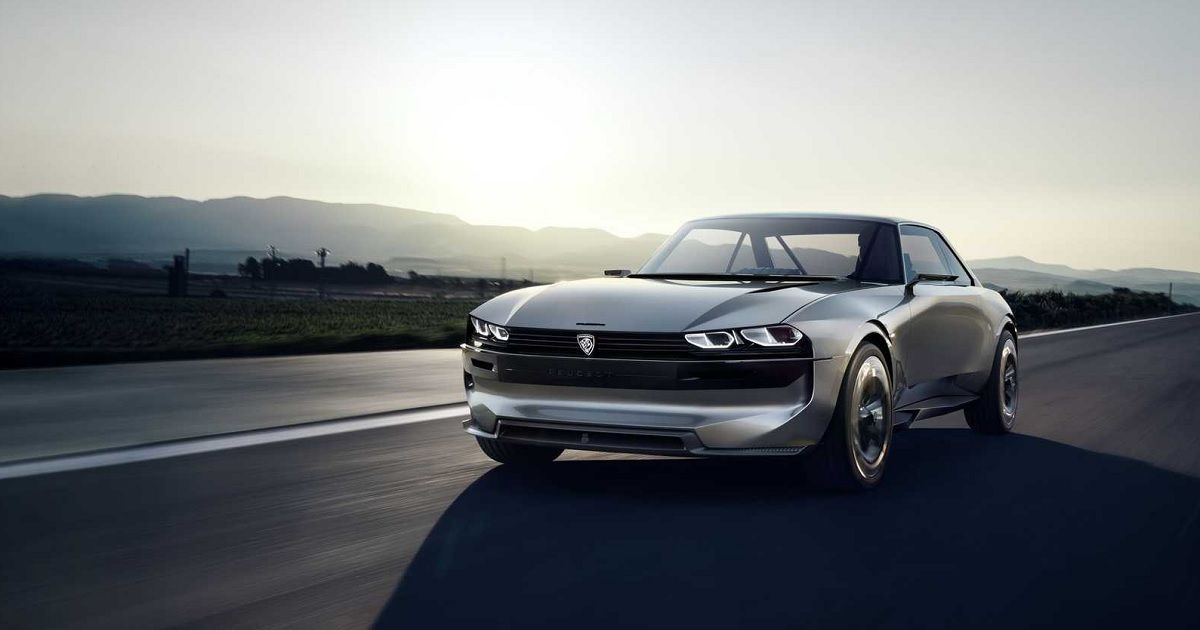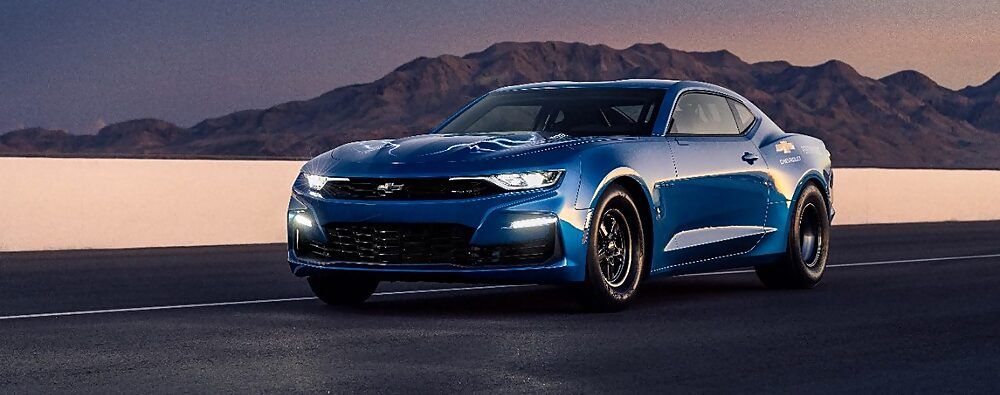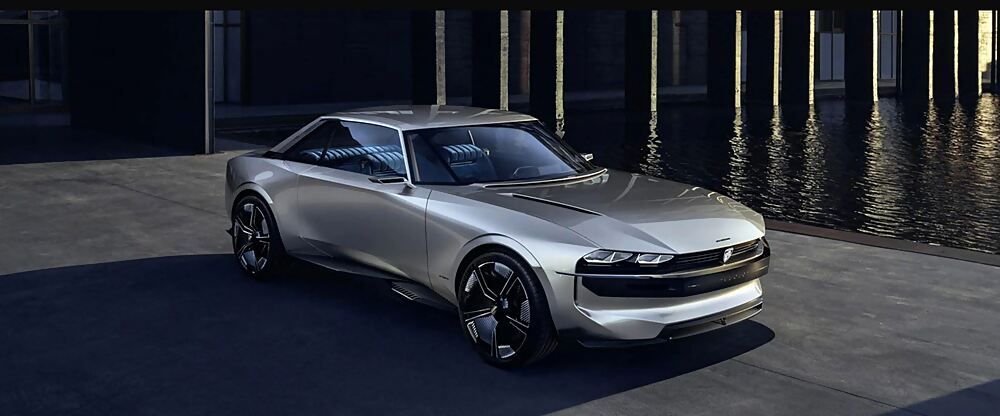As most muscle car aficionados will tell you, the mean design and even meaner sound are two of the biggest points of appeal to owning and driving one. With the prevalence of electric vehicles (e-vehicles or EVs) increasing more recently, however, some of those traditional models as well as other names known for classics and power rides such as Ford, Peugeot, Chevrolet, and others have been revisited in new forms that may be argued as, rather than increasing e-vehicle appeal, having actually begun to water down or even ruin the classic names and aesthetics.
With the popularity of EVs growing and hope from the public to have some of their favorites remade into design-loyal e-versions, some major brands are attempting to access the new market by redesigning popular and well-known models. Alternatively, some are also creating new EVs and attaching long-standing model names to them with the hopes of benefiting from their existing reputations.
Unfortunately, for some of these companies, rather than expanding their market and creating hype for the newest iteration of their beloved and classic models, they are instead fostering disdain for how far from the original the new EV has taken their namesake.
Many of the electric versions are being deemed weaker or exploitation attempts by companies claiming to be seeking progress, but finding instead that their customers feel tricked by the discord between the presentation and the name.
Let's take a closer look at some of the recent electric vehicles released that didn't quite meet expectations.
Classic Names Without The Classic Appeal
The 2021 Ford Mustang Mach-E certainly had potential as a unique EV, but does it deserve the well-known and hard-earned “Mustang” name that purists have come to attribute to raw power and sleek design? Emphatically, no, and here is why: while the E-version of the Mustang has its own merits, it should have never been called a Mustang.
By passing on the Mustang name to the 2021 Mach-E (as well as the “Mach” title), Ford set up consumers for disappointment. The expectation that a new Mustang would follow suit in previous generations and come with a solid rear axle and be an actual car was one that had been developed over half a century of production and was not taken lightly by fans of the car. The 2021 Mustang Mach-E not only has optional 4WD but is decidedly an SUV rather than a car, leaving Mustang enthusiasts a bit distressed.
The beautiful lines and classic American muscle car design of the earlier “Mach” versions of the Mustang are gone in the 2021 Mach-E. Following suit, Chevrolet revealed a concept e-version of the classic Camaro, which fell victim to the same design flaws as the Mach-E. They have, as with most E-versions of well-known names, been replaced with softer lines and a rounder body, creating a silhouette that could easily be confused with any number of other family-friendly SUVs/car crossovers on the market.
Another issue with harkening to the existing classics with an EV is the engine. Although many of the new versions do boast an impressive set of stats, they do not feel like muscle cars. Specifically, the growling, roaring combustion-fueled power of the classics is gone in the EV, which is all well and good as long as you are prepared and expecting it. However, if the Mustang or Camaro names get your hopes up for a mean sound, you will likely be let down by the actual noise your EV makes.
In an attempt to “solve” the noise issue, some EV makers are actually exacerbating it by trying to artificially simulate the original. The Mach-E, for instance, has been equipped with a system to augment engine noise by feeding artificial noises such as exhaust notes into the cabin of the vehicle. Rather than helping to make the “rumble” feel more real for users, though, most found the concept of fake engine sounds insulting to the original.
The Formula For Success
So, is there a way for our favorite companies to present EVs without disappointing the consumer? Yes, in fact, many recognizable brands have already been widely successful in bringing EVs to market alongside their existing models. For instance, the Nissan Leaf has been fairly successful, as has the Jaguar I-Pace. Even Porsche has found some success in marketing the Taycan. Additionally, many new concepts from existing makers are being released and look very promising. One of the favorites has been the Peugeot E-Legend Concept.
So, what are these manufacturers doing that works? The most prominent difference between the successful EVs named above and those that failed miserably is in the name. There is nothing wrong, in fact, there are many things very right with creating an EV. However, if you attempt to attach a well-known and beloved name like “Mustang” or “Camaro” to your new version, it will need to rise to a totally different level to meet expectations for the model.
Arguably, it's nearly impossible to stay true to both the design and feel of a true muscle car or classic when integrating wholly new technology as is done with EVs. It makes more sense and will appeal to a broader audience if makers stick to new names for the new rides and will definitely help to prevent the required appeasement of generations of die-hard fans that pre-existed for the classic version.



